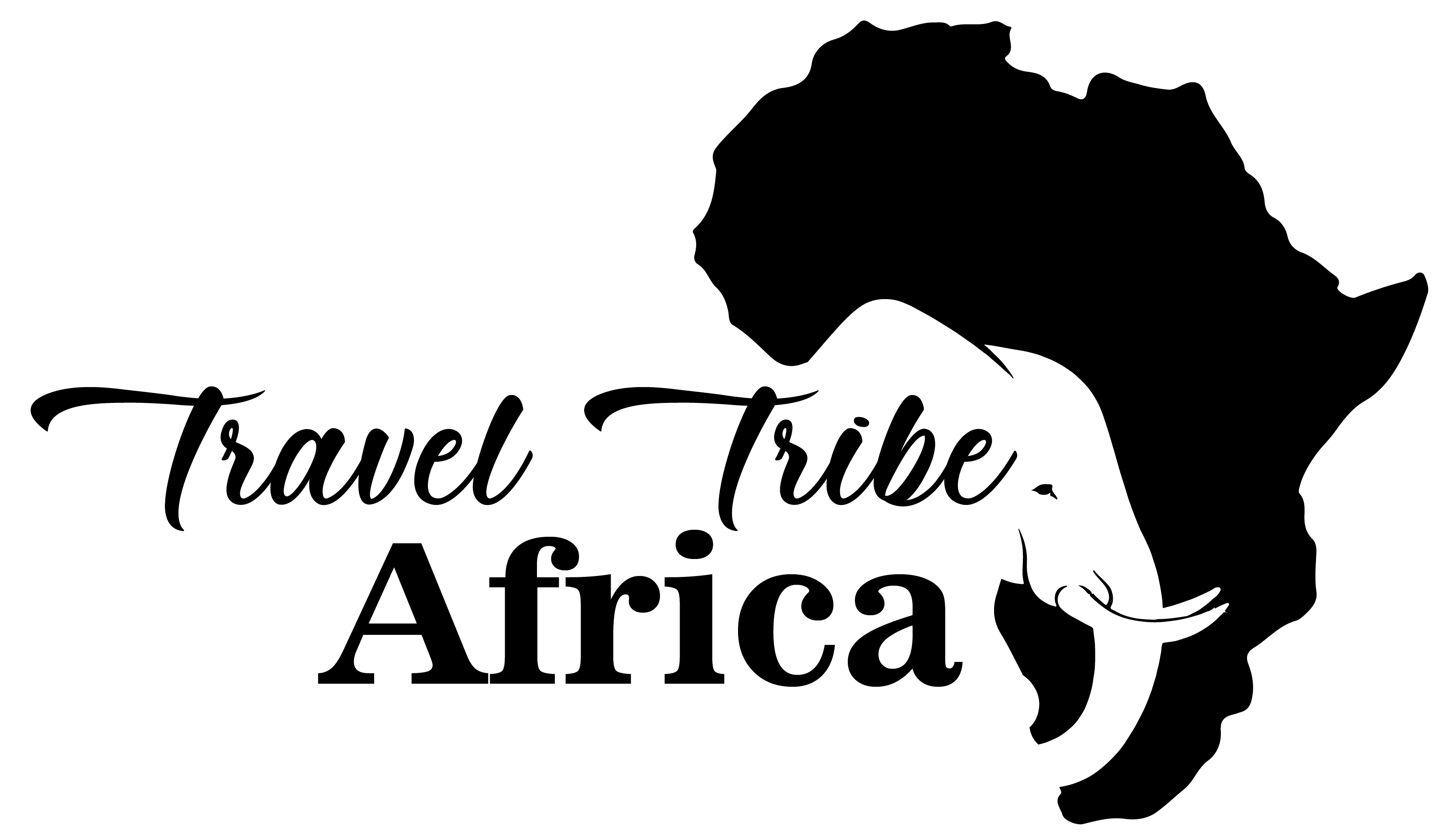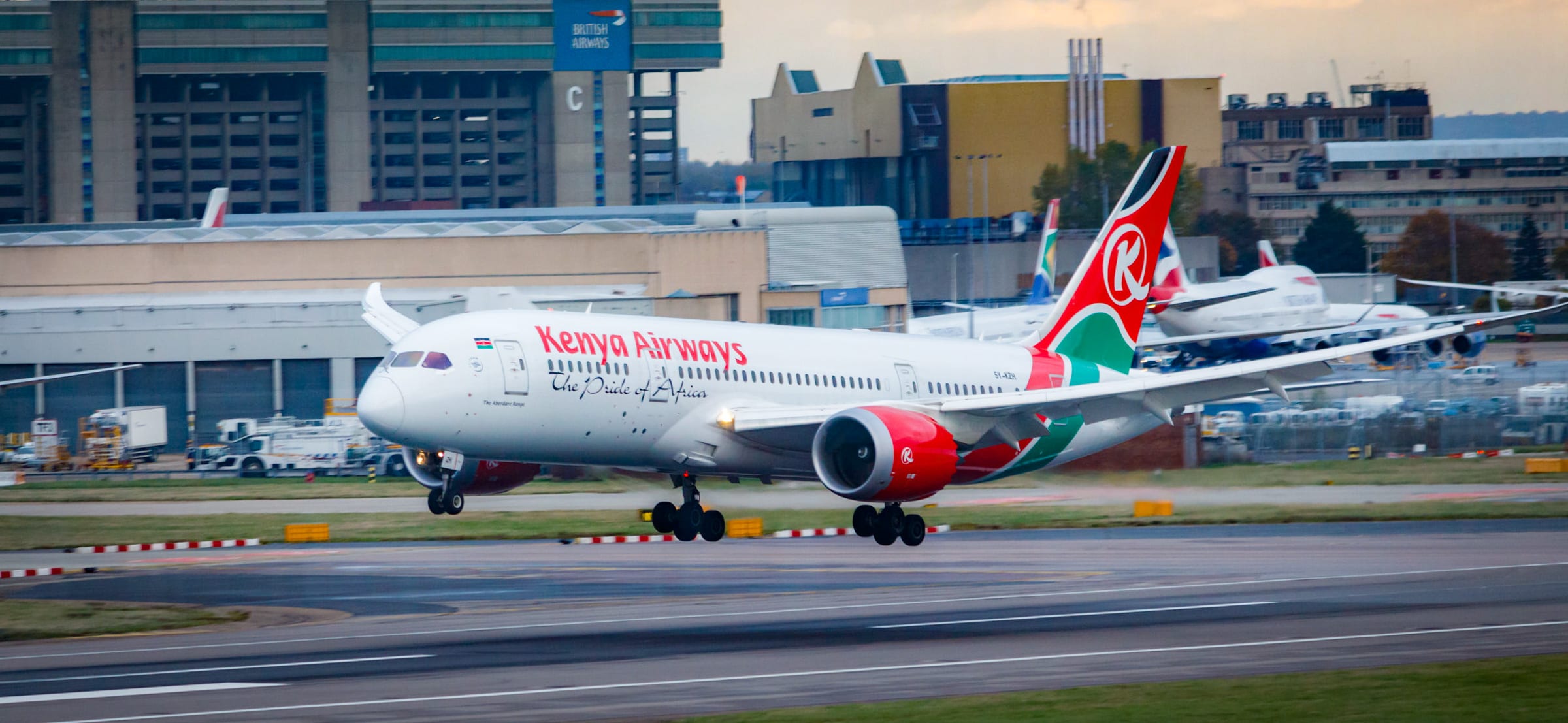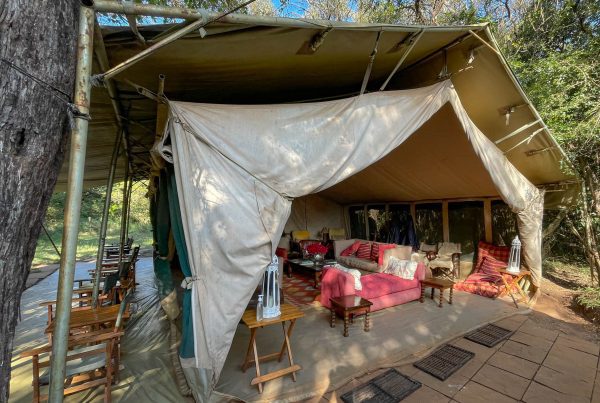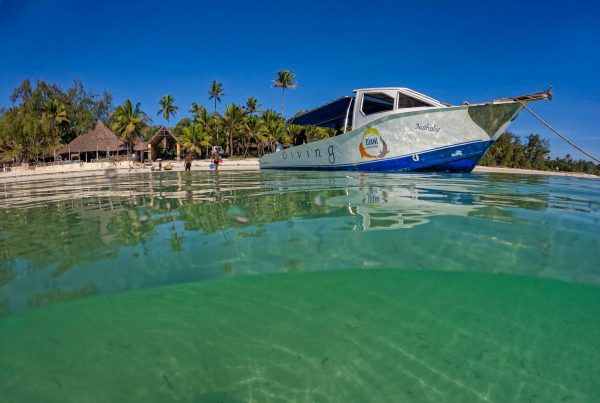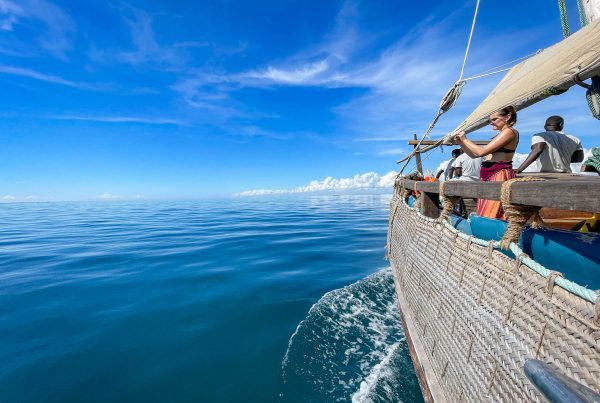Updated : 22/09/2021
Kenya can offer so many opportunities and beautiful experiences but it’s not possible to do everything in one trip. It would take a lifetime or more to see everything the country offers. To ensure you get the most from your adventure, it is important to do some detailed planning from the outset.
You may already have some ideas about where in Kenya you wish to visit and the experiences you wish to have. If so, that is a perfect starting point. If not, the first thing is to give this some thought. Some things to consider would be:
- What type of travel experience are you after? You can have anything from a relaxing beach holiday to an extreme overland adventure. From safari to scuba diving, there’s something to suit everyone. In my view, the best trips combine a mix of different experiences, so really give some thought to this as a first step. If you’re stuck, the next section will give you a little inspiration.
- What ages are your children? This will also need to be a consideration as, while Kenya is definitely a great choice for family trips, the age of your children will be a factor in choosing the type of trip, locations, accommodation and activities.
- What budget do you have? This is something I would recommend having a view on before you start. If you Google trips to Kenya, you may be put off by some of the prices you see. However, it’s possible to take a trip to Kenya for a fairly modest budget and it becomes very, very expensive for some of the more luxurious tours with exclusive travel agents. Don’t let this put you off – there’s many options to suit every budget, so keep reading and I’ll tell you more!
- When would you like to travel and for how long? For many families with children, travel times are limited to school holidays. Ten days to two weeks is a good time to have a relaxing trip and soak up plenty of culture. A week or less can start to become a little limited in terms of what you can do. Also you’ll need to consider the time spent travelling to reach Kenya.

The age of your children will be a factor in choosing the type of trip, locations, accommodation and activities. Image copyright Ayaan Chitty

Kenya has a rich history and fascinating culture; there are so many opportunities and beautiful experiences on offer. Image copyright Ayaan Chitty
So where on earth should you start?
Well, that’s easy – start right here! My blog is growing slowly and steadily, with new information and inspiration each week. If you’re thinking about planning a future trip to Kenya, then definitely make sure you subscribe – that way you’ll get notified about all the new information I post, as soon as it’s published.
Never miss an update!
Sign-up below and we’ll keep you updated of new posts and information about Africa.
View Post by Category
To make this easier to read, I have broken it down into categories. If there’s specific section you want to jump to, you can use the links below. Otherwise, sit back, relax and enjoy reading the full post!
Research and Inspiration
I’m not sure how much you know already about Kenya but you will want to carry out some research as a first step. You’re probably aware that it’s one of the world’s best safari destinations but what else do you know? Wide open savannahs, arid desert, mountains, beaches and bustling city life. Scorching heat, high humidity, rain, wind and snow (yes, snow!) – Kenya has it all!

Kenya is one of the world’s best safari destinations. Image copyright Ayaan Chitty

Kenya is one of the world’s best safari destinations. Image copyright Ayaan Chitty
My Facebook and Instagram pages are updated regularly with plenty of photo inspiration! Social media and websites are generally a good source of inspiration. I would recommend taking a look at Kenya’s official Tourism Board website as well – Magical Kenya
I would also recommend making a small investment in a guide book too – these can pack lots of helpful information in. Here are couple of recommendations:
Check official websites such as the FCO (UK) or Department of State (US) for the latest travel advisory notifications before you travel. These websites are updated frequently as situations on the ground may change. As such, they should be considered trusted sources for your planning.
After browsing online, you may have some ideas about the type of trip you wish to take, where you would like to visit and what kinds of things you would like to do.
Seek inspiration about Kenya and the type of experiences you wish to have. Video by Magical Kenya (Kenya Tourism Board).
Planning your trip
Once you’ve digested the various sources of information (and if you’re searching the Internet, there will be a LOT of amazing inspiration), you will be in a good position to make some choices about your trip, such as:
- When do you want to visit
- How long would you like to visit for
- Where to visit in Kenya
- What to see and do
- Weather
- Culture and customs
- Is Kenya safe – a common question that people have, so I’ve written a whole post about that here
- Current events, threats or areas to avoid.
For many families, when it comes to choosing travel dates, you will be governed largely by the school holiday periods. August can work out quite nicely with the weather and things like the annual wildebeest migration that happens each year in the Maasai Mara. Easter and December can be mixed weather wise, as the seasons are generally shifting. Easter, August and December are peak holiday times and generally busy periods. Kenya has similar timing to Europe and US and many Kenyans also like to head out to safari parks and the coast at these times.
I would suggest that you now look at setting a budget – we’ll discuss this a bit more shortly.
Also, give some thought to whether you will self-plan and book everything yourself or will you purchase a trip package. There are pros and cons to both.
Personally, we book everything ourselves separately, which works well for us as we know the country well and it gives us the flexibility to see family in Kenya as well as all the other things we want to do. Self booking will often work out cheaper but it requires a lot of time and effort to research everything thoroughly, search for the best deals, compare pricing and make all the bookings individually. You are also somewhat ‘on your own’ as there’s no one tour company or travel company to guide you on every aspect of your travel plans.
If you are planning a trip of a lifetime, have never been to Kenya and want to make sure you get the best experience possible, then you may prefer to book a package. This way, you let the travel company do all the hard work and you have the benefit of their experience to lean on when booking and when you’re on the ground in Kenya.

You can let the travel company do all the hard work, while you sit back, relax and benefit from their experience. Image copyright Ayaan Chitty.
Alternatively, you may wish to do something in between – for example book flights and some accommodation yourself and then arrange some tours to the various trips you wish to make. This is also quite a popular option, as the whole holiday is not fully regimented and you have some flexibility but you also have peace of mind and knowledgeable tour operators to show you the rest.
There’s no right or wrong way to do it. However, I would carefully consider the level of flexibility you need as well as how much you want to be organised for you and guided along the way. Budget may also play a factor too.
A final comment I’d make is that often the prearranged tours focus on the most famous places – for example, Maasai Mara. These are of course amazing – that’s why they’re so well known but Kenya is a vast country, with many other places to explore and infinite experiences to have. Do take your time to consider alternative locations that are less well-known, these can often have the benefit of being less busy during peak times.

Consider alternative locations that are less well-known, these can often have the benefit of being less busy during peak times. Image copyright Ayaan Chitty.
Costs and Financing
Although travel has become less expensive in recent years, visiting Kenya and experiencing everything it has to offer, for many people is a trip of a lifetime. There are ways to make things more cost effective – which we will discuss. Whilst it’s very possible to travel to Kenya for a (reasonably) modest budget, it’s never going to be cheap, especially for a family. Hotels and travel costs in Kenya often turn out to be slightly more expensive than you may first think.
It’s impossible to say how much an average holiday costs, as I don’t think there is such a thing. But this blog is not aimed at gap year travellers or backpackers, so I want to provide something of a realistic view, so that you are able to plan accordingly.
So as a basic benchmark, it is certainly possible to create a truly amazing, tailor-made 14 night holiday from around $5,000 per person.
It’s impossible to give you accurate costings, as prices will vary significantly and everyone will have different requirements. But, to provide you with a very a rough guide, I sat down and did some quick research and calculations on the Internet. Assuming you are a family of four, self-booking and travelling from London between 18th December – 2nd January 2020, £4,300 ($5,232) per person would get you:
- Direct international economy class flights with British Airways
- 1 night at Crowne Plaza Nairobi Airport (bed and breakfast)
- 2 nights at Ol Tukai Lodge, Amboseli (bed and breakfast)
- 2 nights at Kilaguni Serena Lodge, Tsavo West (all inclusive)
- 6 nights at Southern Palms Resort, Diani Beach (all inclusive)
- 3 nights at a 4* hotel in Nairobi before departure back to London
- Internal flights/transfers and park fees
- Entry visas for Kenya
- Some spending money, other meals and incidentals.
Obviously, prices will vary and you may be able to bring the costs down a bit as you tweak your itinerary to suit your needs or look at alternative travel dates etc. These costs are intended as a guide only, for an average family travelling at peak times. If you use a tour company, you can expect prices to be slightly more – but then you can sit back and relax, knowing they have taken care of all the bookings and hard work behind the scenes, to ensure you have the most amazing experience.
Things will start to rack up a lot more when you look at spending more time at luxury safari lodges, private game drives, balloon safaris etc. For the higher end, luxury (but totally amazing!) trips with a well-renowned travel company, it’s fairly common to pay upwards of $10,000 per person.
So, you may be reading this and thinking, ‘wow, these costs sound very high’. Well, they are significant for the average family. However, don’t let that put you off. We are talking a true trip of a lifetime, visiting some of the most spectacular places on earth! It doesn’t mean you have to visit this year – you could take your time, plan and save for an awesome, once-in-a-lifetime trip for your family in 2 or 3 years’ time.

Kenya is a true trip of a lifetime, visiting some of the most spectacular places on earth! Balloon flight over the Maasai Mara. Image by BlueOrange Studio, 123rf.com

Kenya is a true trip of a lifetime, visiting some of the most spectacular places on earth! Balloon flight over the Maasai Mara. Image by BlueOrange Studio, 123rf.com
Flights
Like travel to most places, international flights can vary in price considerably. If you’re departing from the UK or other major European countries, you have the option to choose a direct flight (around 7 – 8 hours to Nairobi) or take a flight with a connection. We have travelled a number of different routes. Whilst direct is the best option time wise, it can be a lot more expensive – but worth checking, as this isn’t always the case.
Typically, we choose a connecting option as we have usually found it to be cheaper, sometimes half the price of flying direct. Although it takes a bit longer than European connections (around 15 hours or so), we prefer to travel through the Middle East (Dubai, Abu Dhabi or Doha). Emirates, Etihad and Qatar Airways also offer flights from regional airports, such as Birmingham (our closest airport!), as well as London and usually offer a fairly generous baggage allowance. The airports in the Middle East are also very pleasant, with plenty of options for food and shopping.
If you’re flying direct from the UK, then Kenya Airways and British Airways offer regular direct flights from London Heathrow. It is also possible to fly direct to Mombasa from certain locations in Europe.

Emirates fly to Kenya from UK airports via Dubai. Image copyright Ayaan Chitty.
When choosing flights, you may well have personal preferences for airlines, timing etc. However, if you are not a frequent traveller, the choices can be overwhelming. Nowadays, scheduled airlines often charge extras or have tiered pricing models. This means that the cheaper tickets may allow less baggage or require you to pay extra to select a seat etc. You should check these options when booking and make sure you understand what your flight ticket covers.
It’s also worth considering the following:
- Times of departing and return flights – arriving in daylight is easier and generally a bit safer than driving in Kenya at night.
- Do you prefer an overnight flight – this may not be the best option if you have small children or struggle to sleep on flights (like me!)
- Consider the time it will take you to get to the airport and allow 3 hours before your flight (I know some people like to cut it much finer than this, but we like to make sure we don’t miss our flight if there’s any delay and not be too stressed out at the airport!)
- Carefully consider any connecting flights. While it may seem tempting to choose an option with a 1 hour turnaround, often it can be risky, in case there’s any delay. I’ve experienced this a handful of times. On occasion, whilst I made it onto the connecting flight (only just!), it has involved me literally running through Cairo airport to the boarding gate. Thankfully, I was travelling alone – it would have been much more difficult with small children and more baggage. On two occasions, my bags haven’t made it to the connecting flight, causing me no end of stress upon arrival (once in Rwanda and once in Sri Lanka). In my opinion, it’s better to allow a 2.5 – 3 hour connection to provide some extra time if there’s any unexpected issues.
- Whether you need any flexibility to change your flight booking later – generally the cheaper tickets have less flexibility
- Preferred seats can sometimes be reserved during the booking process, although it’s becoming more common for airlines to charge for this privilege. Airlines will usually do their best to seat families together, regardless of whether you reserve seats but you may prefer peace of mind or may have specific requirements, such as extra leg room.
- You may also be able to request a special meal at the time of booking. If you have special dietary needs, then make sure you order your meal in advance.
Once you have booked your ticket, with most major airlines, you can then ‘manage your booking’ at any point up to the check-in. You can change things such as seats, order special meals or purchase extra bags.

Check the best routes for you. Image copyright Ayaan Chitty.
Accommodation
You may be travelling as part of an organised tour, in which case, your accommodation is probably taken care of. If you are making your own arrangements, then I’ve outlined a few things that I feel are important, recognising that everyone will have different needs depending on the type of trip and personal preferences.
Obviously, it is a good idea to book accommodation prior to arrival, especially if you are arriving at night or in an unknown area. If you are arriving at night and planning to transfer to other destinations, you may have to arrange a hotel in Nairobi before resuming your travel the next day. There are hotels, such as the Four Points by Sheraton or Crowne Plaza very close to the airport should you need to organise this. You may also wish to arrange a slightly longer stop in Nairobi, either at the beginning or end of your trip. Often the city has a bad reputation and people think it’s not worth staying there. However, I would disagree on both counts – check out this post for some inspiration. A 2 – 3 day stop over would be ideal, if you have the time to spare.
Generally speaking, with any accommodation, you will have more options and better rates if you book early, as opposed to leaving it to the last minute.
Your choice of accommodation will depend on your needs but for most people, but here are a few things to think about.
- Type of accommodation – are you looking for luxury, comfortable and homely, a large resort with lots of activities etc.
- The location – do you want to be close to the action or do you prefer to be further away from hustle and bustle? Safari lodges are generally remote by their nature but if you’re staying in Nairobi or at the coast for example, location can play a key part in the decision. It can be helpful to be near facilities such as shops, restaurants, the beach etc. but be aware that locations may be a little too close to the action if you’re looking for peace and quiet
- Are there any major events occurring in the area during your dates – this may mean hotels and the area in general are much busier than usual.
- Facilities – make sure the accommodation has the facilities that you need. Do you want a range of dining options or are you happy with a single dining room? Do you need a pool, spa, gym or water sports centre? Do all rooms have WiFi or is it just in public areas? It may help to make a list of the things that are most important to you and then use this as a checklist for when you’re deciding on accommodation.
- Cleanliness – this can be hard to judge but you can usually get some idea from researching the accommodation online and viewing photos, reviews etc.
- Reviews – I’ve been to several places (not just in Kenya) which have looked great in the photos but have turned out to provide a very different experience when I’ve arrived. Often looking at reviews will give you some of an idea of what to expect. Try to look at an average of all the reviews, rather than focusing on a few bad ones. If most people give great comments and there are a couple of negatives, these are most likely exceptions to the general experience. However, if the majority of reviews cause alarm bells to ring, then follow your instinct and find somewhere else.
A good place to look for accommodation is Booking.com. They generally have good rates and reliable service. You can easily compare different options and filter your searches for the exact type of accommodation you are looking for. However, they don’t always have every hotel listed, so you can also search for hotels directly on Google and most of them have their own websites, allowing you to book directly.
Whichever option you choose, if you are not booking with the hotel directly, I would recommend making sure that you are using a well known and reliable company.

The Tribe Hotel, Nairobi. Image copyright Tribe Hotel.

The Tribe Hotel, Nairobi. Image copyright Tribe Hotel.

The Crowne Plaza, Nairobi Airport. Image copyright IHG Hotels.

Kichwa Tembo Tented Camp, Maasai Mara, Kenya. Image copyright Ayaan Chitty.
Payment by Credit Card
For both flights and accommodation, I would always recommend paying with a credit card. There’s a few benefits to this. Firstly, you can use a regular credit card purely to provide you with a better level of consumer protection (which is better explained here).
Alternatively, you can pay using a premium credit card, which may get you extra benefits, such as points, travel insurance and a whole host of other things. I nearly always use American Express, because of the extra benefits I get. Depending on the type of card you have, they offer points (which can later be turned into airline miles or other rewards), family travel insurance, access to airport lounges, car rental and hotel benefits, global emergency assistance, fraud protection and exceptional customer service.

Some credit cards offer perks such as travel insurance and lounge access. Image copyright Ayaan Chitty.
Keeping Everything Organised
As you start planning your trip and making various bookings etc., you will start to accumulate lots of information, booking confirmations, insurance papers and important documents, especially if you are booking everything yourself. You should take a bit of time to organise these properly, so that you can access them when you need to.
Keeping a file and carrying all the papers with you can be bulky and difficult to find what you need, when you need it. Instead, from the moment you start booking, open a document on your computer with all the important booking references, contact numbers, insurance information, itinerary details etc. on it. Keep it updated as you make further plans for your trip, then print a copy to take with you.
Then save a copy on to a USB drive or save it in Google Drive or Dropbox. This allows you easy access to a back-up copy if something happens to the original when you are travelling. Google Drive is a good option, as you can then also access it easily via your phone.
While you’re at it:
- Save/print copies of each family member’s passports
- Provide a trusted family member or friend with copies of everything or access to the Google Drive, just in case you need any assistance from them while you’re away.
Lastly, pack the printed copies and USB drive separately from your original documents (but never in your checked baggage). If there’s two adults, it is a good idea for one to have the originals and one to keep hold of the copies.

Keep your travel documents organised together on a USB (or on Google Drive) to minimise the amount of papers you have to carry and to allow you to find things easily. Image copyright Ayaan Chitty.
Travel Health / Vaccinations
Once you know where you are travelling to in Kenya, you can start to look into any vaccinations that may be required. It’s also a good idea to look into this early, as some will require multiple jabs over a period of time (rabies, for example).
There are a few sites that you can use for reference, such as:
However, it is always recommended to consult with your Doctor or a professional Travel Clinic. You will find that most vaccinations are advisory but not mandatory. Remember that travel clinics are often businesses, so may try and advise you to take more than you need. Your GP is a good starting point but you will need to use your own judgement too.
Malaria is probably the first thing people may think about when it comes to travel to Africa. Discuss this with your GP as the recommendation may vary by your travel plans and personal circumstances (malaria is less of a risk in Nairobi, for example). Antimalarials are known for their potential side effects, especially Lariam, so it ultimately comes down to personal choice.
Vaccinations or boosters that are typically required are: Diphtheria, Hepatitis A, Poliomyelitis, Tetanus. Other vaccines to consider will be things such as: Hepatitis B, Meningococcal Meningitis, Rabies, Typhoid, Yellow Fever.
Yellow Fever immunisation is recommended for Kenya and may be mandatory in some cases (but this usually only applies if you are travelling from an affected country), so it is best to check the current advice on this. You should also allow sufficient time before your trip to arrange Yellow Fever vaccinations.
Please note: I am not a medical professional. You must speak to a qualified GP or Travel Clinic to get the latest advice. There’s many factors that will affect the recommendations they give, such as your age, country of origin, what vaccinations you have had previously, areas you are travelling to and personal risk tolerance.

Check both recommended and required vaccinations, as well as whether you need to carry any certificates with you. Image copyright Ayaan Chitty.
Visas, Passports and Immigration
Generally if you are travelling from outside the East African Community, then you will need a visa to enter Kenya. Previously visas could be obtained from the embassy in your home country or by purchasing a visa upon arrival in Kenya. Kenya has since made eVisas mandatory for the vast majority of travellers. You can apply for yours here.
Getting your visa issued in advance is much easier; there is less risk of facing issues upon arrival and it makes for a more efficient experience through immigration.
When looking at the visa requirements, check on specific requirements for your passport; this often includes having clear blank pages and it being valid for more than 6 months prior to expiry.
When you arrive in Kenya, you may be asked to complete a customs form (sometimes I’ve been had to do this and something not!). It is a good idea to look at the form in advance of your trip, so you are clear about what you are allowed to bring into the country. Here is a copy of the form from the Kenya Airways website.

For most travellers outside the East African Community, a valid visa is required for entry into Kenya. Image copyright Ayaan Chitty.

The immigration desks at Jomo Kenyatta International Airport, Nairobi. Image by Kenya Aiports Authority.
Travel Insurance
In my opinion, you should always have travel insurance regardless of where in the world you travel. It can often seem like an unnecessary expense but I would always advise to have it, since you never know what will happen and when you may need assistance.
When travelling in Africa, it is important to understand that healthcare and associated costs can add up extremely quickly, especially if that involves air transportation from remote locations. In addition, certain activities (e.g. scuba diving or hot air ballooning) may not be included in some policies. Always check your policy is sufficient for your needs.
Sometimes travel insurance is provided by premium credit card companies or banks, depending on the account you have. If your card offers insurance, double check any associated clauses, that the level of cover is appropriate for the travel activities you are planning and whether it covers your family or other travel companions. My American Express card for example, covers our family travel insurance worldwide but only if we pay for the trip using the card. If in any doubt, call the company ahead of your trip.
If you need to purchase insurance, then make sure you select a reputable travel insurance provider and the policy cover is adequate for your needs. It may cost a few extra dollars to add on additional cover or select an alternative provider, but it would be worth it if you found yourself in trouble, without sufficient cover.
I am far from an insurance expert – I can just tell you my own perspective. Beyond that, here are few useful guides that can help you out a bit more:
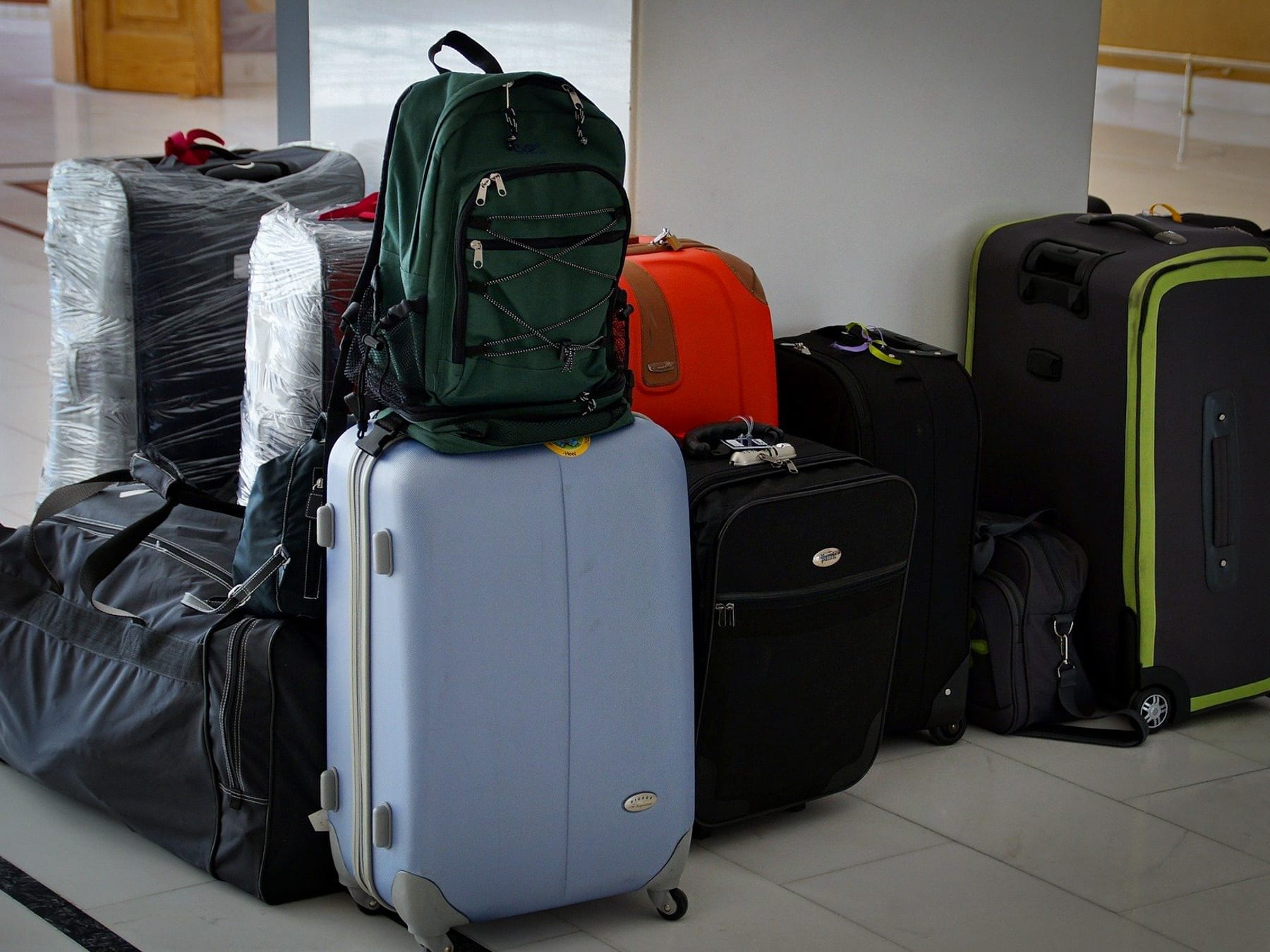
Travel insurance will cover delayed or lost baggage, as well as healthcare and other travel emergencies. Image by ivabalk from Pixabay.
Money
The currency in Kenya is the Kenyan Shilling, often abbreviated to KES or Ksh. Notes come in 1000, 500, 200, 100 and 50 shilling denominations (I didn’t have a spare 200 note for the picture below, so if you’re detail focused, you’ll notice it’s missing!). Coins are used for smaller denominations.
Exchange rates vary, but as a rough guideline for easy conversion:
- USD: usually fluctuates between 100 – 110 shillings per 1 USD (view the current market rates)
- GBP: usually fluctuates between 130 – 150 shillings per 1 GBP (view the current market rates)
My recommendation is to estimate how much you will need in cash. Bear in mind, credit cards are widely accepted at major hotels, restaurants and stores, although it’s worth double checking in advance for any major payments you plan to make.
Then look around for the best currency exchange rates in your home country. Try not to leave it all until the last minute and avoid getting money changed at the airport, as rates are usually fairly high.
You can change pounds, dollars and euros fairly easily in Kenya, so you don’t need to change all your money to shillings up front. Unless you’re staying in remote locations and you anticipate changing money to be a problem, then I would change some and keep some extra in your home currency.
It is also advisable to take some spare dollars, as well as Kenyan Shillings in mixed denominations. Many banks in Kenya will not accept damaged or older US dollars, so try to make sure that you travel with fairly new, unmarked dollars (e.g. 2009 or later).
For credit and debit cards, make sure you are aware of any fees. I would not use credit cards to withdraw cash, except in an emergency. For debit cards, check for any transaction charges; it can often be better to withdraw bigger amounts less frequently and be aware if you use the card for payments, you may be charged for every transaction.
Before you leave, call your bank or credit company to let them know your travel plans. I’ve had my card blocked more times than I care to remember (for those in the UK, Natwest is notorious for doing this!). If possible, plan to take at least two cards, just in case one is blocked for security reasons.
Another option you may want to consider a prepaid card such as Revolut. I find these really handy as a back-up, as they can be topped up and managed at any time via a mobile app, and then used in the same way as any normal Visa card. It’s safer than using your debit card and very easy to manage.
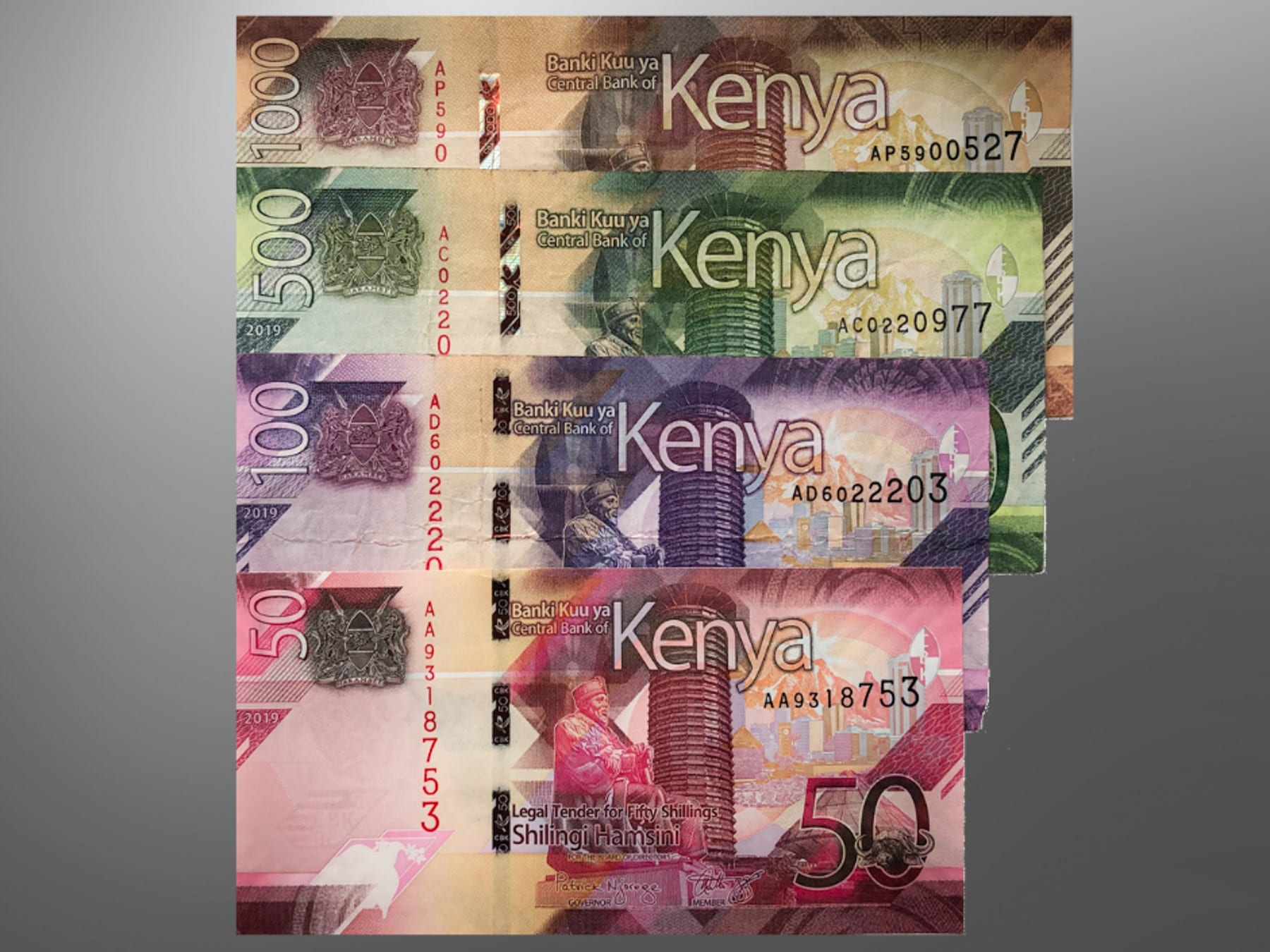
Kenyan Currency – Shillings. Image copyright Ayaan Chitty.

Revolut is a digital, prepaid card that can be manged via mobile app. Image by Revolut.
Arrivals Transfers
If you have booked through a travel or tour company, it is likely that your transfers and transportation has been organised as part of this trip. However, you should check to make sure, to avoid any unexpected issues when you arrive. Make sure you know what will happen when you arrive and keep any contact and your itinerary details close to hand.
If you have arranged the trip yourself or do not have transfers included in your trip, then I would recommend that you book them before you leave. It’s much easier and reassuring to arrive knowing that you have this prearranged.
Usually, the easiest way is to speak to your tour company or contact the hotel you will be staying at, so they can recommend suitable options.
Once your bookings are confirmed, make sure you add the details to your travel document (mentioned earlier) and keep any contact numbers, reference numbers and the name of the hotel to hand for when you arrive. You don’t want to be fumbling around trying to find them when the whole family is tired and restless after the flight.

Transfers can usually be arranged through your hotel or tour company. Image copyright IHG Hotels.
So there you have it!
I hope you enjoyed reading this guide and found some useful tips. Hopefully, it’s given you plenty of inspiration too!
Please do let me know your feedback or questions via the comments box below (note: you may need to scroll right to the bottom of the page). I would be very happy to hear from you and will do my best to address any questions you have.
We are also publishing new content regularly Don’t miss out – you can subscribe using the form below and get notified each time new content is added.
Finally, if you have booked a trip, you should read this post before you travel. By knowing what to expect when you are in Kenya, you can incorporate these pointers in the final stages of your planning.
Happy travels!
Did you enjoy reading this post?
Why not share it with your friends?
Never miss an update from us!
Sign-up below and we’ll keep you updated of new posts and information about Africa.
